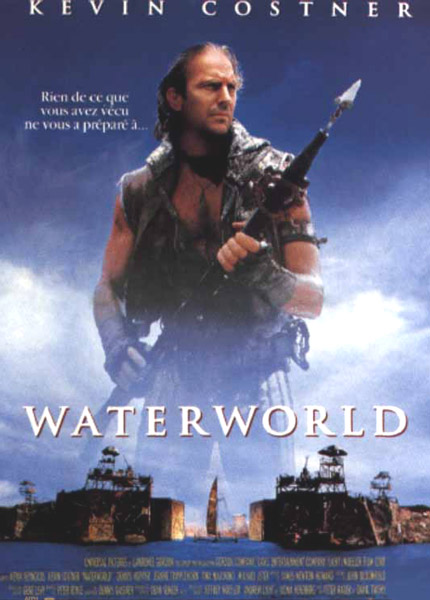
The attempt to transfer the guilt to America has won considerable support but, for similar reasons, remains unconvincing.Īnglo-French rule and American influence, like the Mongol invasions, were a consequence, not a cause, of the inner weakness of Middle Eastern states and societies. Inevitably, the role of the British and the French as villains was taken over by the United States, along with other aspects of Western leadership. But the Anglo-French interlude was comparatively brief, and ended half a century ago Islam's change for the worse began long before and continued unabated afterward. Western political domination, economic penetration, and-longest, deepest, and most insidious of all-cultural influence changed the face of the region and transformed the lives of its people, turning them in new directions, arousing new hopes and fears, creating new dangers and new expectations without precedent in their cultural past. In the Middle East there have been good reasons for such blame. In the nineteenth and twentieth centuries British and French paramountcy in much of the Arab world produced a new and more plausible scapegoat-Western imperialism.

The second, more difficult to accept but nevertheless undeniable, was that the Mongols overthrew an empire that was already fatally weakened indeed, it is hard to see how the once mighty empire of the caliphs would otherwise have succumbed to a horde of nomadic horsemen riding across the steppes from East Asia. The first was that some of the greatest cultural achievements of Islam, notably in Iran, came after, not before, the Mongol invasions. But after a while historians, Muslims and others, pointed to two flaws in this argument. The were blamed for the destruction of both Muslim power and Islamic civilization, and for what was seen as the ensuing weakness and stagnation. It is usually easier and always more satisfying to blame others for one's misfortunes.įor a long time the Mongols were the favorite villains. They have found several different answers. 'Who did this to us?' Is of course a common human response when things are going badly, and many in the Middle East, past and present, have asked this question. By all the standards that matter in the modern world-economic development and job creation, literacy, educational and scientific achievement, political freedom and respect for human rights-what was once a mighty civilization has indeed fallen low. Following is bad enough limping in the rear is far worse.

Now Middle Eastern rulers and businessmen found themselves inviting contractors and technicians from Korea-only recently emerged from Japanese colonial rule-to perform these tasks. The proud heirs of ancient civilizations had gotten used to hiring Western firms to carry out tasks of which their own contractors and technicians were apparently incapable. The later rise of other Asian economic powers brought only reproach.

The rise of Japan had been an encouragement but also a reproach. It was bad enough for Muslims to feel poor and weak after centuries of being rich and strong, to lose the position of leadership that they had come to regard as their right, and to be reduced to the role of followers of the West.īut the twentieth century, particularly the second half, brought further humiliation-the awareness that they were no longer even the first among followers but were falling back in a lengthening line of eager and more successful Westernizers, notably in East Asia. Worst of all are the political results: the long quest for freedom has left a string of shabby tyrannies, ranging from traditional autocracies to dictatorships that are modern only in their apparatus of repression and indoctrination. And even this was discovered, extracted, and put to use by Western ingenuity and industry, and is doomed, sooner or later, to be exhausted, or, more probably, superseded, as the international community grows weary of a fuel that pollutes the land, the sea, and the air wherever it is used or transported, and that puts the world economy at the mercy of a clique of capricious autocrats. The quest for prosperity through development brought in some countries impoverished and corrupt economies in recurring need of external aid, in others an unhealthy dependence on a single resource-oil.
Download free bernard lewis islam and the west pdf files series#
The quest for victory by updated armies brought a series of humiliating defeats.

The results achieved were, to say the least, disappointing. Muslim modernizers-by reform or revolution-concentrated their efforts in three main areas: military, economic, and political.


 0 kommentar(er)
0 kommentar(er)
